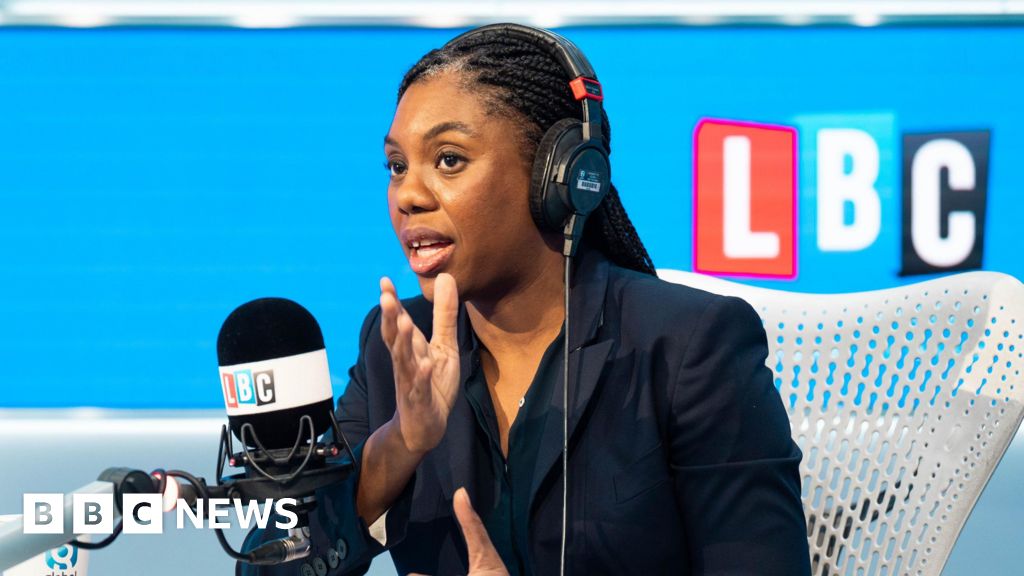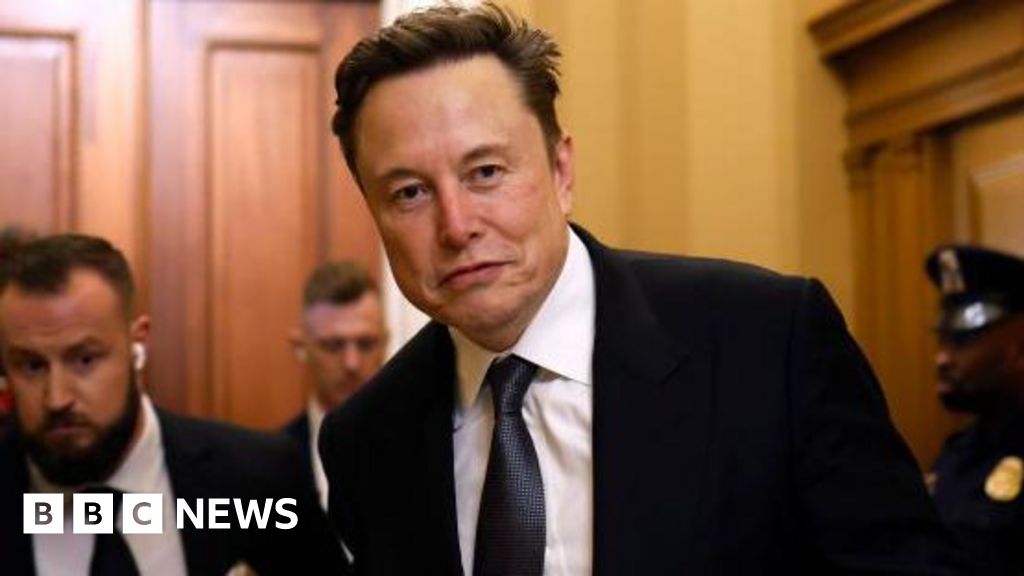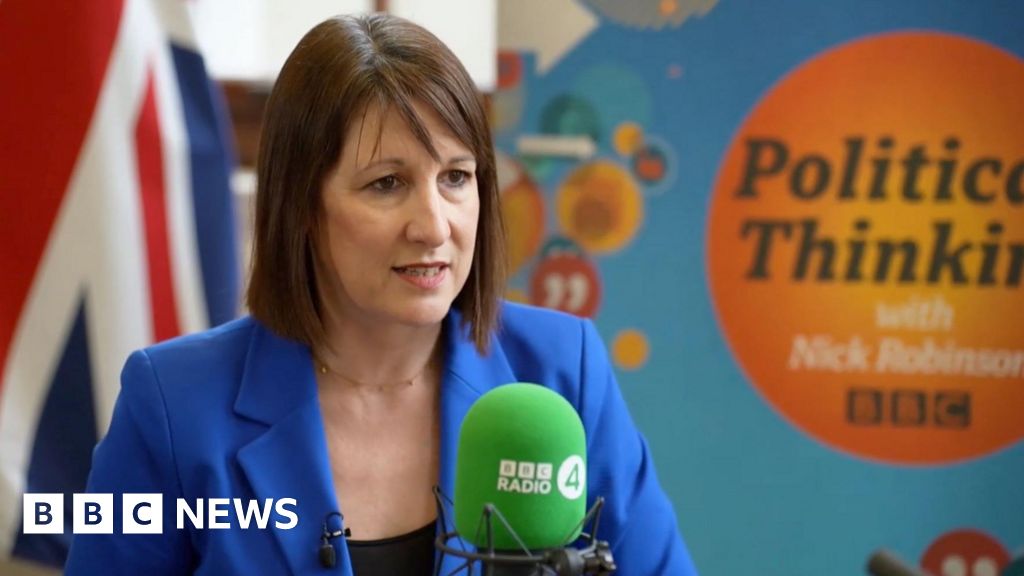ARTICLE AD BOX
By Patrick Clahane, Brian Wheeler & Matt Murphy
BBC News
Image source, Getty Images
A new Westminster lobbying scandal could be sparked by the actions of MPs sitting on informal committees, a standards watchdog has warned.
Labour's Chris Bryant fears some All-Party Parliamentary Groups (APPG) - as they are known - are being used as a "backdoor" for commercial interests.
An estimated £30m has been poured into APPGs over the past five years, according to a BBC investigation.
It comes as the government plans to ban MPs from having certain second jobs.
Mr Bryant - who chairs the Commons standards committee - has welcomed the proposed ban, which is meant to prevent MPs from being paid to influence government policy.
But his committee has also launched an investigation into how APPGs are run and regulated.
Mr Bryant - who chairs APPGs on Russia and Acquired Brain Injury - says these kind of groups can play a vital role drawing Parliament's attention to overlooked issues.
He does not want to see APPGs banned, but he says he wants to make it easier to find out who is funding them and why.
Under the current system, most of the groups do not produce, or make readily available, a detailed breakdown of their funding and spending.
Mr Bryant told BBC News many APPGs "now seem to have become the parliamentary arm of lobbying and PR companies", and there were real concerns about their "transparency and propriety".
He warned the way some groups are being run "has the potential to become another lobbying scandal", adding: "These groups cannot be a back door for peddling influence or gaining access to MPs.
"The Parliamentary logo is not for sale."
What are APPGs?
APPGs are informal committees set up by MPs and peers with a shared interest, ranging from leisure pursuits such as jazz, beer or campsites to serious policy areas like coronavirus, cancer and migration.
They can set up meetings with ministers, publish reports and hold evidence sessions - but they should not be confused with select committees.
Unlike select committees, they have no official status and are not funded by taxpayers.
The number of APPGs has dramatically increased in recent years - there are currently 744 of them, according to the official register, more than three times the number of select committees - and so has the amount of money going in to them.
Image source, Getty Images
Image caption,Chris Bryant is heading an inquiry into APPGs
Most APPGs do not receive any funding, but a growing number are sponsored by companies, campaign groups or charities to cover running costs and foreign trips.
The money does not go to individual MPs or peers.
How much money is going into them?
According to BBC research, an estimated £30.7m - as published on the APPG register - has been funnelled into the groups since 2017.
Of that total, an estimated £6.4m was donated by companies registered as lobbyists.
But some critics say this could be the tip of the iceberg, as some lobbyists are not registered.
The donations largely come through what is known as "benefits in kind".
This where a funding company's staff act as the secretariat for the group and, in some cases, pay for reports to be published and organise events at which government ministers are present.
APPGs attracting the most funding include those dedicated to artificial intelligence, Christians in Parliament, the internet and technology - with Google donating at least £30,000 since 2018 - "left behind" neighbourhoods, international development and reproductive health.
Case study: Longevity APPG
Image source, Longevity APPG
Image caption,MPs Matt Hancock (second from right) and Damian Green (far right) at the launch of the Longevity APPG
The Longevity APPG, which focuses on ageing and the promotion of longer, healthier lives, has recently come under scrutiny from the standards committee.
The group is chaired by Conservative MP Damian Green and says it aims "to turn the 'problem' of ageing into one of the most promising opportunities of the 21st century".
It has received more than £150,000 worth of funding, including some cash from healthcare companies, since 2019 - and was backed by then-Health Secretary Matt Hancock, who spoke at the launch of a report.
Last month, the standards committee raised questions over the group offering platinum, gold and bronze levels of membership for sponsors, with a fee of up to £100,000 for access to meetings.
Some MPs on the committee were taken aback by this revelation, with Mr Bryant saying: "That's quite high up there on the badness register, isn't it?"
The APPG on Longevity told us it had now dropped the scheme, adding: "The amount of funding is not linked in any way with access to the APPG's events/programmes".
Case study: Kurdistan APPG
The standards committee is also concerned about APPGs being funded by foreign governments.
Only a very small number out of the 133 groups dedicated to countries have been found to have financial links to foreign governments, but those that have are controversial.
Image source, PA Media
Image caption,Robert Halfon says there are "no strings" attached to the sponsorship
A regime accused of corruption and the silencing of journalists has spent thousands of pounds on trips and events for politicians on the APPG for the Kurdistan Region in Iraq since 2014.
The group says it aims "to promote friendship and understanding" between the UK and the Kurdistan Region in Iraq.
The trips included meeting senior politicians and officials.
The funding was either paid for directly by the Kurdish Regional Government (KRG) or by companies that have been linked to the authority.
Since 2016, the all-party group has received more than £200,000 from the KAR group, an Iraqi-Kurdish engineering company linked in leaked US State Department cables to the KRG.
The group, which is chaired by Conservative MP Robert Halfon, with fellow Conservative Jack Lopresti as vice-chairman, insists there are "no strings attached" to its funding.
"The sponsorship supports the secretary in carrying out the wishes of the members," it said in a statement, adding: "We do not and will not lobby for the sponsor, which has never asked us to do so."
The group said "the KAR Group is an entirely privately run and owned company".
Steve Goodrich, of campaign group Transparency International UK, said: "The laxness of the rules governing these groups not only provides an open door to foreign interference, it also allows some parliamentarians to blur the lines between their public and private roles in a way that should not be tolerated."
Sir Bernard Jenkin, a Conservative member of the standards committee, has expressed concerns that APPG reports are being mistaken by the public for select committee reports - often because they are both reported by the media as being by "a cross-party committee of MPs".
The MP, who chairs the powerful liaison committee of select committee chairs - which is due to grill Boris Johnson on Wednesday - has suggested reports should be clearly labelled with their sponsors' name.
"Transparency is all," he told BBC News. "The public should have the confidence that no-one is getting privileged access to, or influence over, MPs and ministers".
The PR industry argues that it is helping MPs educate themselves about important issues at no cost to taxpayers by sponsoring APPGs - and that none have been found to have broken Commons rules.
But these rules could be tightened up next year, when the standards committee produces its report.

 3 years ago
147
3 years ago
147








 English (US) ·
English (US) ·